How to cut your pet’s waste
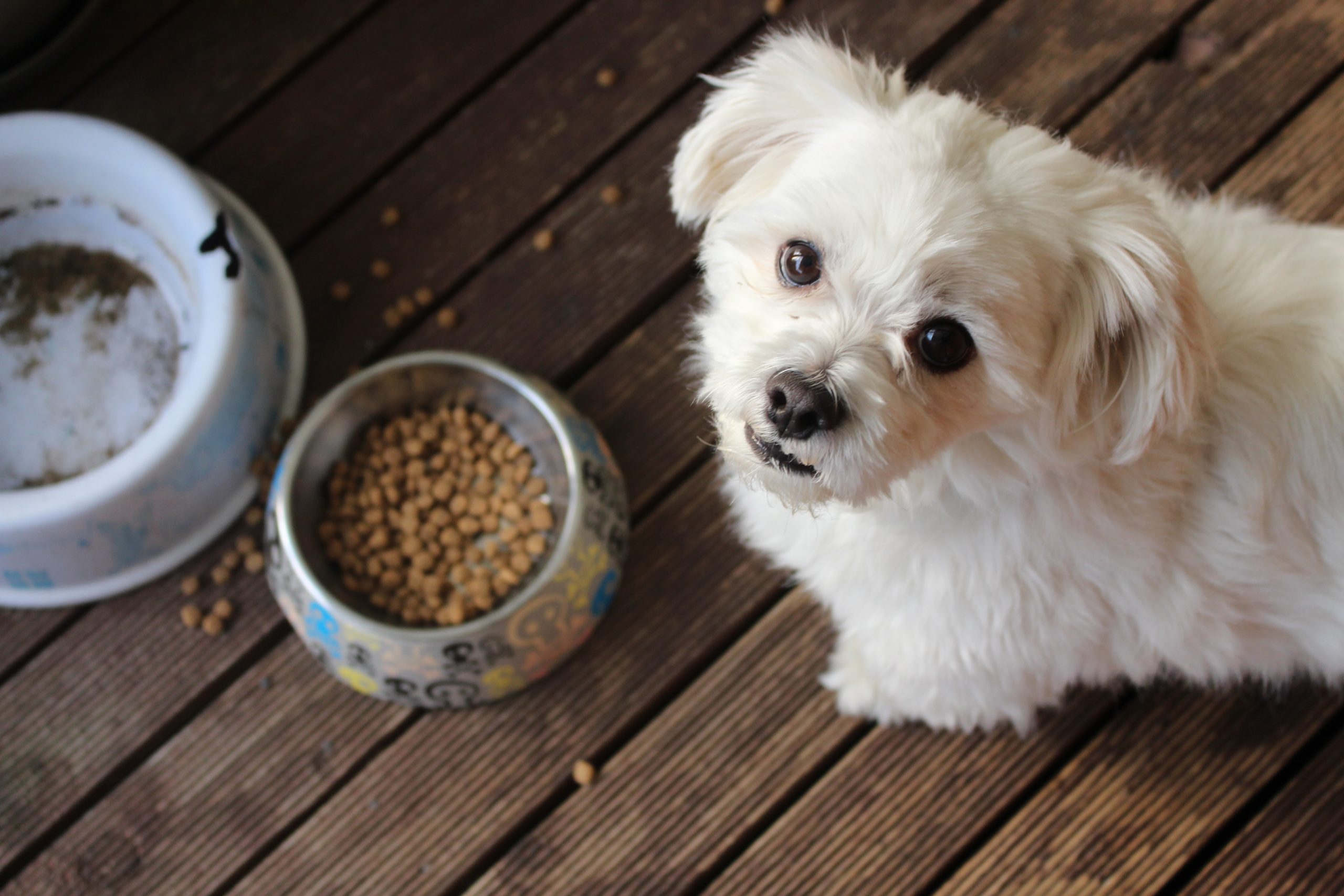
#WasteNothing pets
We are and probably always will be a nation of animal lovers, but our furry friends can come with a lot of extra (bin) baggage and kitty litter. The good news is that there are some quick and easy changes you can make to bring your pet along on your #WasteNothing journey with you. If they’ll let you that is – we’re looking at you, cats!
Pet food
What you feed your pet – and the packaging it comes in – can have a big effect on your waste and recycling. Some simple swaps and changes can help you cut down on the packaging you use, or make sure that it can be recycled once you have used it.
What you feed your pet is vital for their health, so make sure that you check any dietary changes with their vet first.
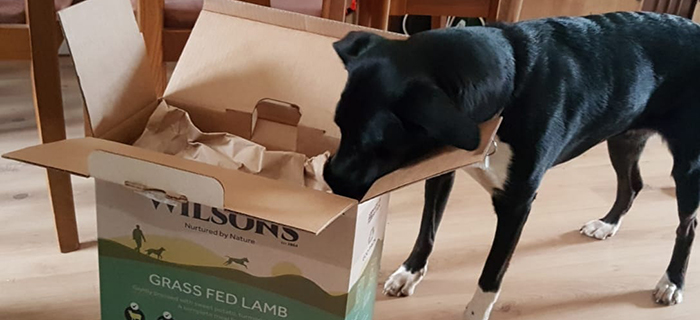
Choose pet food that comes in recyclable packaging
Some of the packaging that pet food comes in, such as plastic pouches, can be hard to recycle. Try using pet food that comes in easy-to-recycle packaging, like metal tins or dry food in paper or cardboard bags and boxes.
If you do use pet food in pouches, they can be recycled through the Mars Petcare Recycling Programme from Terracycle. Any brand of plastic pouch or flexible plastic bag can be recycled through the scheme – just find your nearest drop off point.
Buy loose pet food
Lots of pet shops sell dried food and treats loose, so shop around and see what you can buy packaging-free. Once you’ve found your favourite shops, just take along your own containers and stock up!
The Bristol Pet Stop in North Bristol have put a lot of thought into their loose food and natural treats. Get in touch with us if you come across other pet shops in the city doing a similar thing.
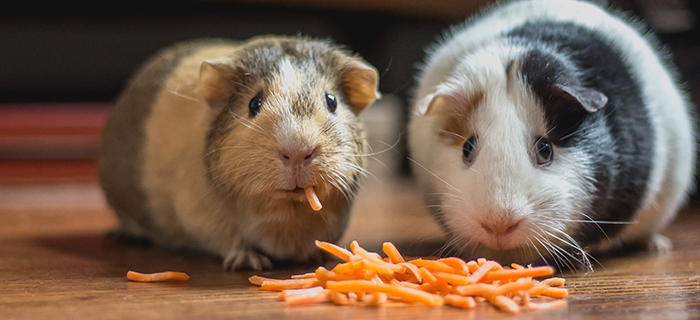
Reduce what you use
You can often supplement the pet food you use with human food, but do check first with an expert such as your pet’s vet to make sure your food is safe for your pet. If you are cooking vegetables and/or meat for the family, consider making extra, or even better, feeding your pet the leftovers. This is a great way to cut down on the amount of pet food you use, which will also lead to a reduction in packaging.
Make your own pet food!
This will take a lot more time and effort, but many people make their own pet food. Find out more in the complete guide to zero-waste pet food.
Pet supplies and toys
Seek out second-hand
Search for things like pet beds, cages, bowls and other supplies in charity shops, at car boot sales and on online selling sites like Facebook Marketplace, Gumtree, Freegle and Freecycle.
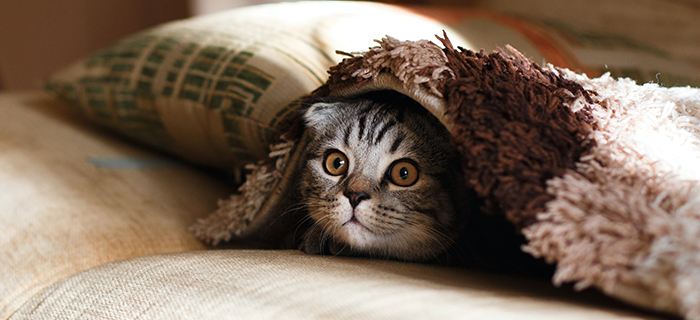
Avoid plastic
If you are buying new accessories for your pet, think about the materials they are made of. Rather than choosing plastic items, look for alternatives made from materials like hemp, bamboo and wood.
Stainless steel food and water bowls and litter trays can also be a good option. They will last forever, won’t stain or absorb smells and are easy to clean.
Hygiene
Soap and shampoo bars aren’t just for humans! There are now a variety of low packaging alternatives to help you keep your pets clean. Swapping from a bottle to a bar is the easy part, unfortunately the struggle to get them in the bathtub continues!
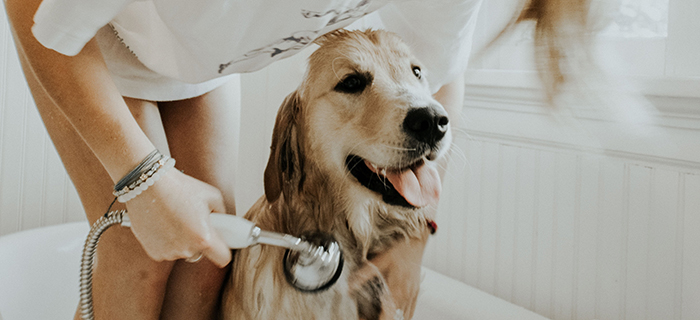
And the rest
We’ve saved the best for last….
Options for disposing of your pets’ “Ones” and “Twos” can vary depending on the animals you have. Dog waste in particular seems to be a highly emotive topic, especially when it is left in our shared green spaces. You should always pick it up of course, but what do you do with it afterwards?
Dog and cat poo can’t be composted or recycled, and shouldn’t be flushed down the toilet either. The only place you should be putting their waste is in your black wheelie bin.
If you have a dog and you are trying to cut down on your plastic consumption, you might want to consider paper alternatives to the traditional plastic poo bags.
If you have a cat, there are lots of tweaks you can make with your cat litter to minimise the impact.
If you have smaller pets like hamsters, guinea pigs and rabbits that have a vegetarian diet you can compost their manure.
